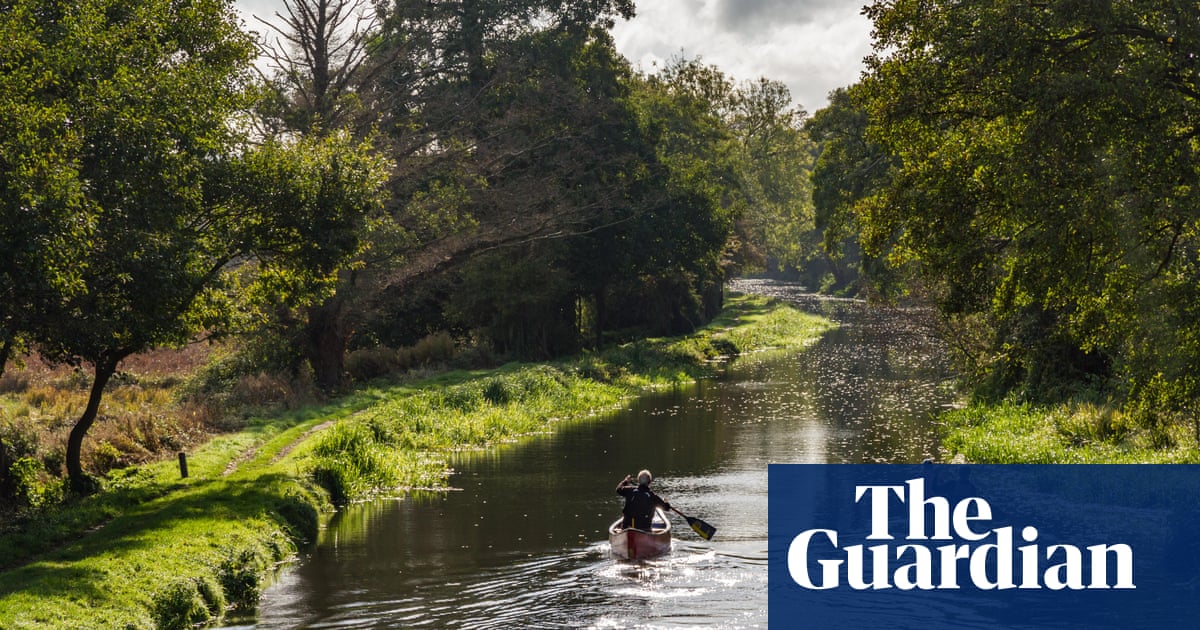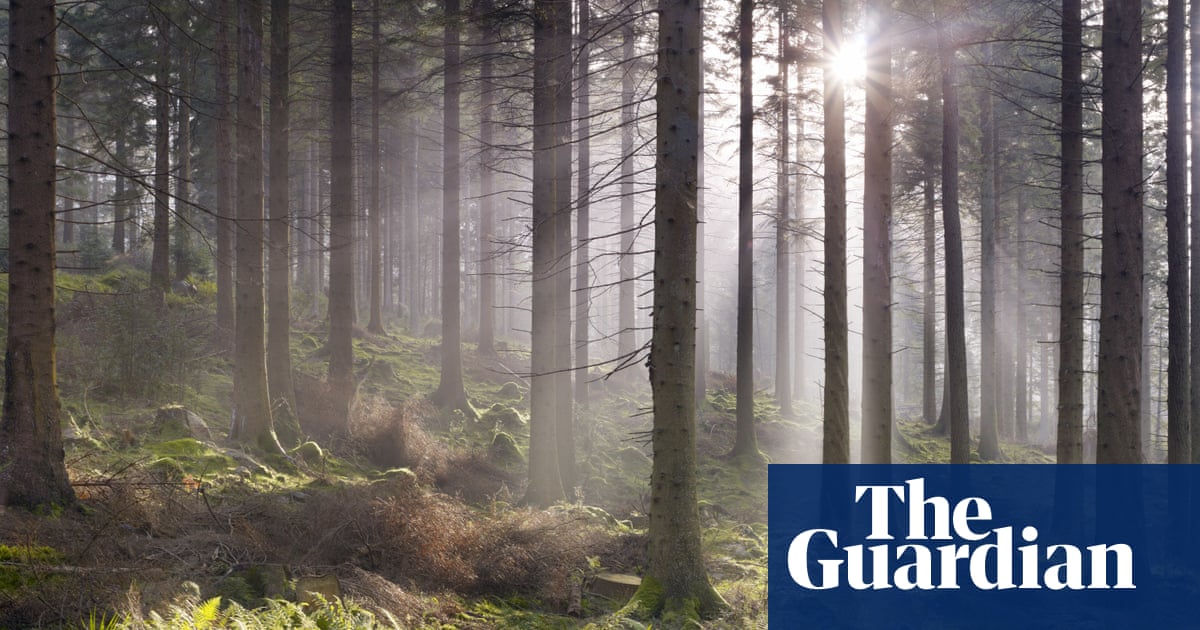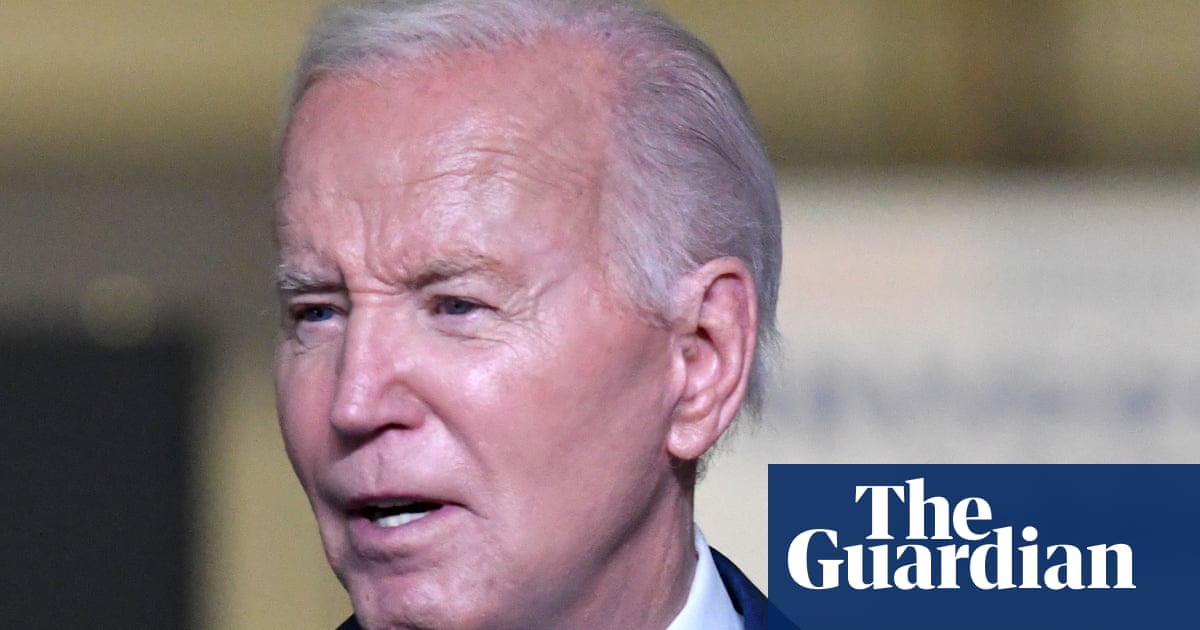Local communities would be given the right to buy up derelict eyesores and turn them into parks under a Labour government, while walkers and swimmers would gain access to hundreds of miles of river pathways, the party has pledged.
Labour will make a direct appeal to voters’ patriotism, presenting the restoration of nature as a matter of national identity and status.
Steve Reed, the shadow environment secretary, said: “Our landscape is a great source of national pride. Our children and grandchildren deserve to be astounded by the magnificence of our landscapes and coastlines and enjoy our iconic wildlife, just as we can. But after 14 years of Tory chaos, nature is under threat.”
He pointed to the decline of bird species, toxic sewage in rivers, and the depletion of wildlife and nature across the UK as examples of why an urgent change of direction was needed. “Labour are the conservers, not the Conservatives,” he said.
The countryside protection plan would also include the planting of three new national forests, with taskforces for tree-planting and flood resilience, as well as a ban on bee-killing pesticides and a commitment to revive wetlands and peat bogs.
Green spaces would be a requirement in the development of the 1.5m new homes the party has promised, and councils will be given new guidance to help local groups take over derelict buildings and degraded land under a community right to buy. People have the right to bid for such land when it comes on the market but the six-month window in which to raise the funds is often too short, and the right is rarely used. Labour believes that by lengthening the time to 12 months and encouraging councils to use it, many more urban and countryside sites can be restored for local use.
There will also be a new land-use framework, setting out how the UK’s land can best be used to deliver food security, housing and thriving natural environments, and farmers will be encouraged to use more environmentally regenerative methods.
The creation of hundreds of miles of new river pathways is also intended to give people greater rights of access to nature. Riverbanks are often on private land, and people seeking to canoe or swim sometimes face threats or abuse from landowners. River walks are often fragmented for the same reason, and only 3.4% of English rivers have an uncontested public right of navigation.
Using the same methods as for the creation of the national coastal path, a Labour government would have Natural England negotiate with landowners for rights of way. Compulsory purchase is not envisaged, and if landowners object then ways could have to be found around their parcels of land.
These plans are weaker than what Labour promised under Reed’s predecessor, Jim McMahon, who promised a “right to roam” act.
A spokesperson for the Right to Roam campaign group said: “While it’s good that Labour are promising increased access to nature, these policies on their own are totally incommensurate with the scale of the problems we face. With no clear right of access to 97% of our rivers, any effort to put in footpaths will be stymied by landowner objections for decades, just as happened with the England Coast Path, still incomplete after 15 years.”
The announcements flesh out Labour’s commitments to restore and protect at least 30% of the UK’s land and marine areas by 2030, and to fulfil the UK’s targets for nature recovery and halting biodiversity loss, revealed in the Guardian before the general election was called. Polling shows that people believe the UK’s landscape and natural environment is key to their national identity, and Reed recognises that winning a majority for Labour will require turning swathes of the Tory-voting countryside red, as well as Labour’s strongholds in the cities.
after newsletter promotion
Green and heritage campaigners welcomed the plans. Hilary McGrady, the director general of the National Trust, said: “Environmental groups have laid down the gauntlet to political parties – nature cannot wait, and the UK public want to see urgent action. We’re pleased to see Labour’s response to that challenge today, recognising the strong role farm payments should play in driving wildlife recovery and food security, the importance of improving public access to nature and the need to restore nature alongside building new homes.”
Craig Bennett, the chief executive of the Wildlife Trusts, said the UK’s environment was in clear need of rescue: “Our natural world is on its knees, appallingly degraded and robbed of its abundance – so it’s great to see Labour’s promises on regenerative farming to restore nature and ensure food security, ending the use of bee-killing pesticides, and improving people’s access to nature.”
However, there is still little detail on exactly what Labour would do, if elected, with the existing system of support payments for farmers, called environmental land management schemes (Elms). These are public payments supposed to reward farmers for restoring nature or creating new habitats on their farms, but take-up has been patchy and their environmental benefits are in doubt as there is, so far, little data available on their impact.
A Labour source said it was not yet possible to judge how Elms were performing, as the government had failed to provide enough details, but that if there was a change in government this would be closely examined.
Richard Benwell, the chief executive of Wildlife and Countryside Link, said: “Positive promises like this need to be matched by practical plans for delivery. We hope to see a race to the top on clear commitments for environmental improvement ahead of the election, then it will be time for the new government to knuckle down and deliver. There’s no doubt that will need significant public or private funding, and regulatory reform, and we’ll be looking for an explicit manifesto commitment that ambition will be matched by action.”



